Apply for this course
Please select when you would like to start:
If you're a UK applicant wanting to study full-time starting in September, you must apply via UCAS unless otherwise specified. If you're an international applicant wanting to study full-time, you can choose to apply via UCAS or directly to the University.
If you're applying for part-time study, you should apply directly to the University. If you require a Student visa, please be aware that you will not be able to study as a part-time student at undergraduate level.
Why study this course?
This is a top-up version of our Fashion Photography BA degree. A top-up degree is the final year (Level 6) of an undergraduate degree course and is for those who have a foundation degree, Higher National Diploma or equivalent qualification, or those wishing to study the final year of their degree in London.
On this course you'll gain an in-depth understanding of visual aesthetics, concepts and the techniques of image production and consumption. You'll also gain proficient knowledge of conceptual and technical skills essential in today’s fast-paced, image-led world, developing innovative and highly creative work through industry-facing projects.
You'll have access to high-end facilities and equipment such as photographic studios and industry standard cameras, film processing suites, black and white and colour darkrooms as well as digital processing suites.
Accredited by the AOP
Our Fashion Photography BA degree is accredited by the Association of Photographers (AOP)
Second in the UK for student satisfaction
Our drama, dance and cinematics courses ranked second in the UK for student satisfaction in the Complete University Guide 2025
Make use of our cutting-edge resources
You'll have access to high-end facilities such as photographic studios and industry standard cameras, film processing suites, black and white and colour darkrooms as well as digital processing suites
Course modules
The modules listed below are for the academic year 2024/25 and represent the course modules at this time. Modules and module details (including, but not limited to, location and time) are subject to change over time.
Year modules
Critical and Contextual Studies: Dissertation (Photography and Fashion Photography)
This module currently runs:autumn semester - Wednesday afternoon
autumn semester - Wednesday morning
(core, 30 credits)
Critical and Contextual Studies: Dissertation in Level 6 offers you an opportunity to develop a sustained enquiry into a topic you choose because it particularly interests you. Building on critical and academic skills gained during two years of previous study, the module encourages you to develop an awareness of issues around which there is some debate, uncertainty or contest. Based on this awareness, you will develop a set of research questions which constitute the topic of your study. This topic can be theoretical, historical, or technical and you may, with guidance, decide to engage with an area of scholarly interest outside the territory of your degree course.
You will develop your topic and respond to your research questions in the form of an extended critical study or Dissertation (6,000–7,000 words). Through this study you demonstrate that you can thoroughly research a topic, use appropriate methods of investigation, and work in a methodical and organised way to develop a coherent argument or line of thought. Teaching and Learning on the module is designed to support you in this process through a combination of seminars, workshops, academic skill sessions and one-to-one supervision; as well as a series of formative and summative assessments which prepare you for the final submission.
The final form and presentation of your Dissertation can reflect a broad range of approaches to research and writing. It may include visual materials or other non-written forms of presentation as long they support your enquiry and comprise an integral part of the whole. By prior approval at the start of the module, your research can be part practice-based, and include primary research and fieldwork.
By virtue of the sustained, independent nature of the learning and substantial final output, the dissertation is also intended to prepare you for possible postgraduate study
Read full detailsLooking and Making 3
This module currently runs:all year (September start) - Monday morning
(core, 30 credits)
The PH6001 LOOKING AND MAKING 3 module consists of seminars, talks, visits and workshops. Students build on the critical and thematic basis for their personal creative, critical and contextual practice explored and expanded at Level 5.
Within this module students are required to both build and consolidate a contextual and creative framework for their practice as well as critically evaluating their wider research and creative interests in order to place and understand their own practice within photography as a contemporary discourse.
In investigating Looking and Making 3, the module will require students to consolidate and develop ideas that reflect upon trends in current practice as well as historical models. Case studies and seminar sessions with practitioners are intended to encourage engagement with and understanding of photographic practices. Students will explore these both through open ended research as well as practical making.
The module is shared by, serves and sustains the Honours awards in the BA Fashion Photography and BA Photography courses, delivered in a seamless and integral relationship with the work of other core modules in the level.
Allied to Critical and Contextual Studies modules, the intention is for PH6001 LOOKING AND MAKING 3 to form the basis of the students creative, critical and contextual framework for their practice.
The module aims to enable students to apply key skills and knowledge in critical thinking as well as in the concepts and principles of photography. The module also aims to provide students with information about Looking and Making for later recall in the application of critical thinking for the building of the practical, conceptual and contextual
boundaries within which they then create and make their own work as future creative sector professionals.
This element of the curriculum also aims to develop the key skill of understanding the use of critical reflection in order to connect learning experience, successes and challenges to the improvement of future performance
Read full detailsMajor Project
This module currently runs:all year (September start) - Thursday
all year (September start) - Thursday morning
(core, 30 credits)
Focusing on the students’ photographic and creative practice, the PH6000 Major Project module provides an opportunity for students to create a substantial final major body of work based on their individual creative identity and aligning to their aspirations for their future careers within the creative sector. In Semester 1, presentations, workshops, tutorials, group critiques and seminars support students to develop a proposal and plan outlining research and experimentation in order to initiate the substantial Final Major Body of Work.
The module requires students to critically consider their work in relation to method, medium and meaning, with reference to relevant theory, as well as traditional and contemporary practices. It aims to enable students to apply and consolidate key skills of interpretation and knowledge in the development of individual photographic practice and creative individual identity. Through critically evaluated research and testing, students demonstrate the application of the key skills acquired in the other subject specific modules in order to create a resolved Final Major Body of Work.
The module PH6000 Major Project is shared by, serves and sustains the awards in the BA Fashion Photography and BA Photography courses, delivered in a seamless and integral relationship with the work of other core modules being studied in the level, including the Critical and Contextual Studies modules.
Students are encouraged to act as critical and independent learners, taking increasing responsibility for the progress of their project work.
Read full detailsProfessional Practice 2: Fashion Photography
This module currently runs:all year (September start) - Monday afternoon
(core, 30 credits)
The module PH6003 Professional Practice 2: Fashion Photography serves and sustains the award in the BA Fashion Photography course only, delivered in a seamless and integral relationship with the work of other core modules being studied in the level, including the Critical and Contextual Studies modules.
Students are expected to synthesise and consolidate the experience and knowledge gained over the course, contextualising own practice within photographic frameworks such as commissions, publications, competitions, exhibitions. Students will explore career paths and outline how to continue to develop in a professional capacity, employing a range of subject-specific and transferable skills in communication, negotiation, analysis, project planning and project management.
The module supports students in acquiring coherent and detailed knowledge of specific skills in the business of fashion photography, becoming able to deploy critical thinking with accuracy in outlining a business plan, setting up a career and obtaining clients for their photography. A key objective of the module is to foster in students an understanding of the ethical obligations they have towards clients, models, colleagues on any fashion shoot and in any business dealings.
The module also aims to provide students with an understanding of marketing to develop a wider public and new audiences for fashion photography, with a view to creating and updating a sustainable legacy of fashion photography career assets to aid employability.
Read full details

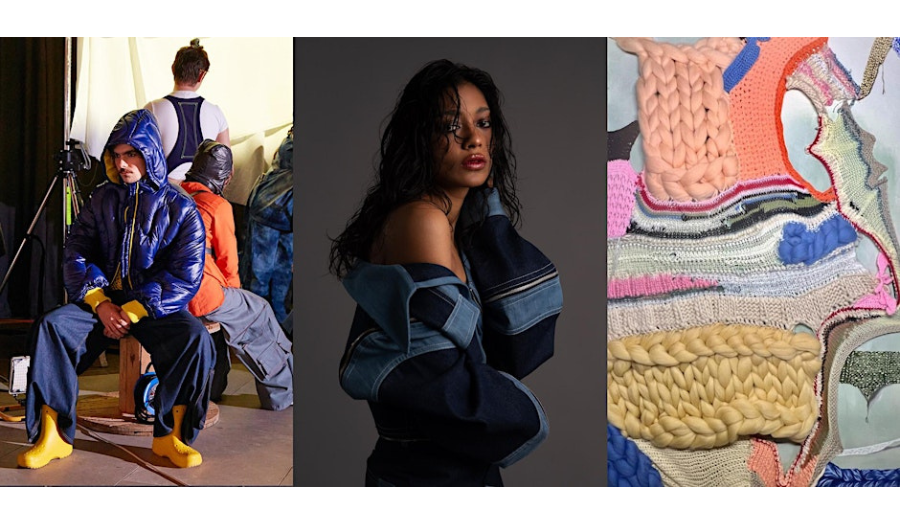
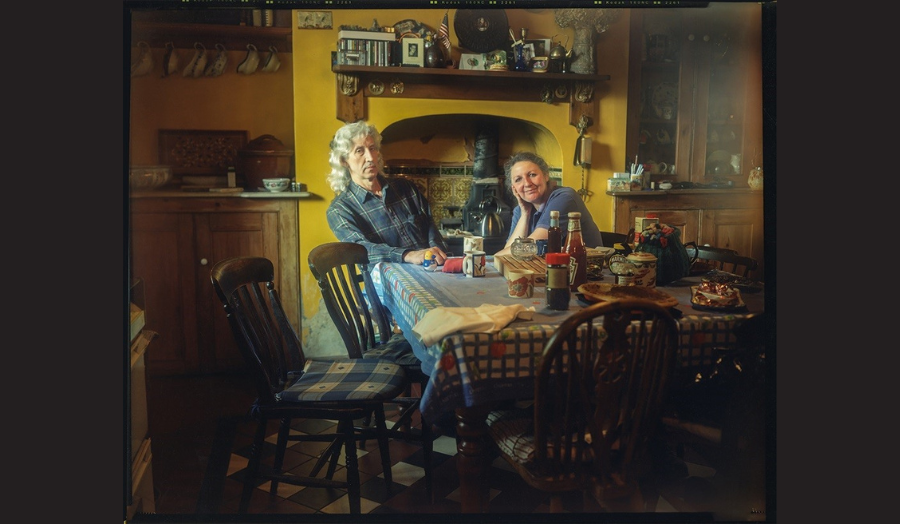
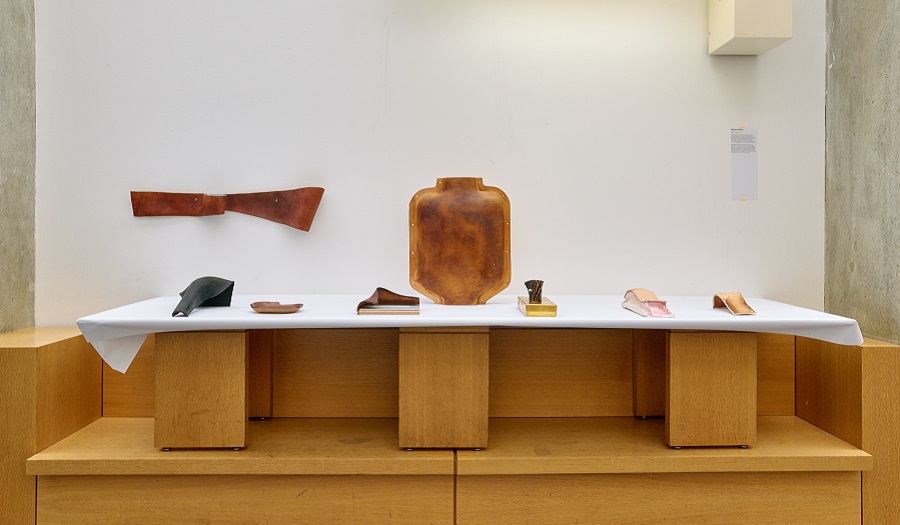
.png)
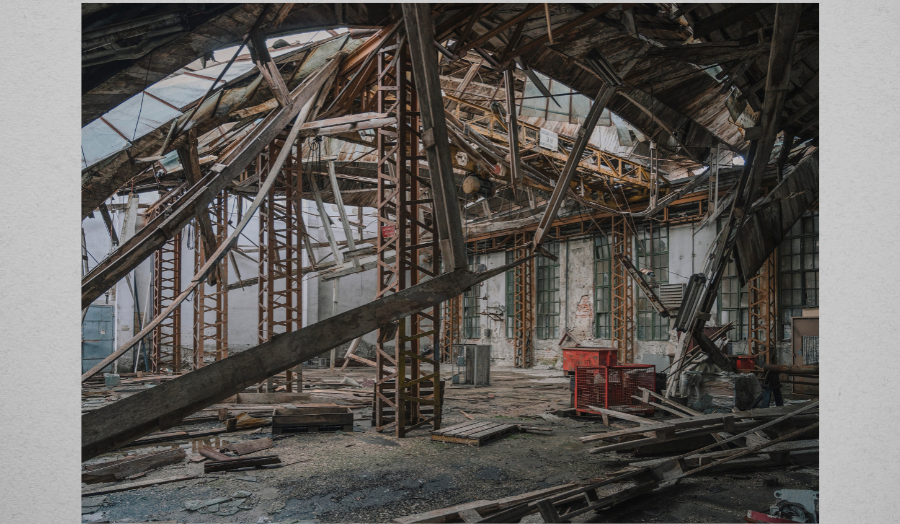

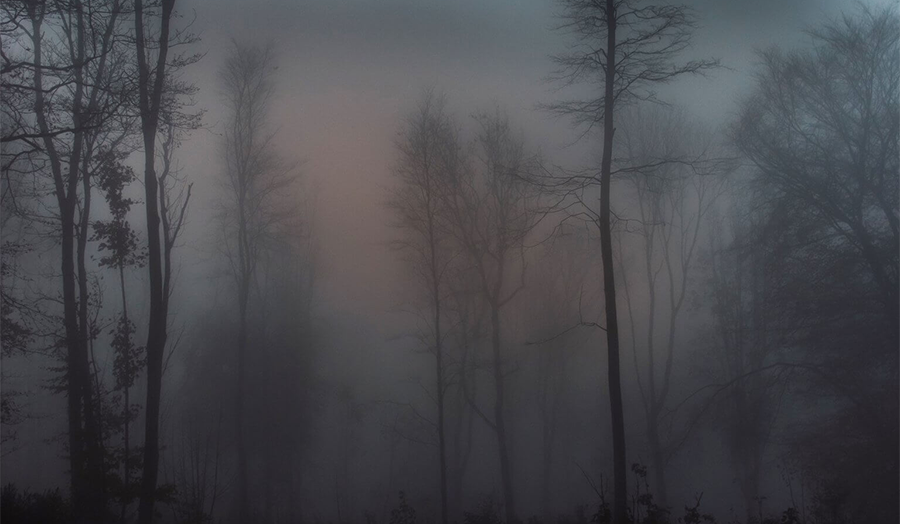
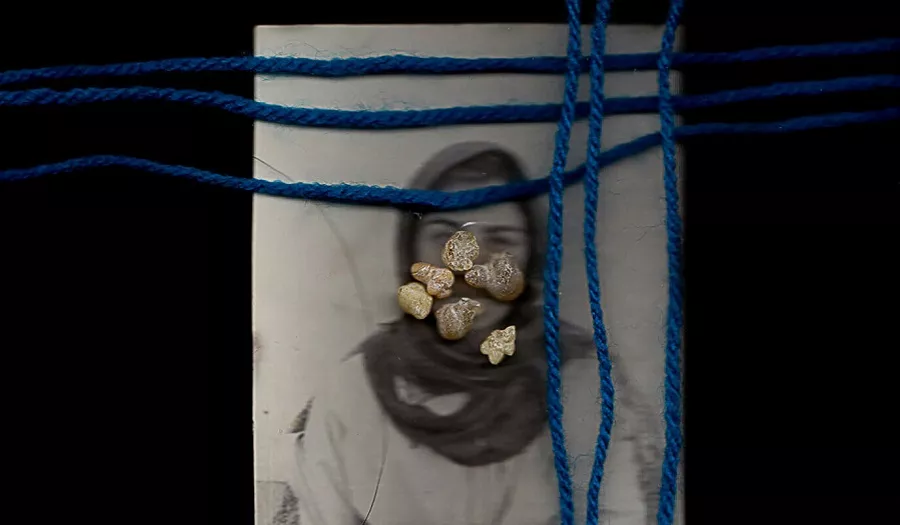
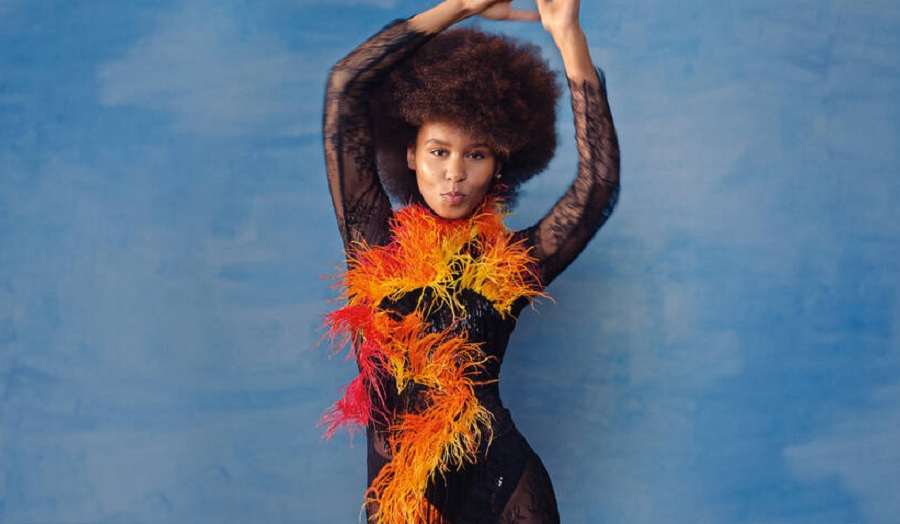
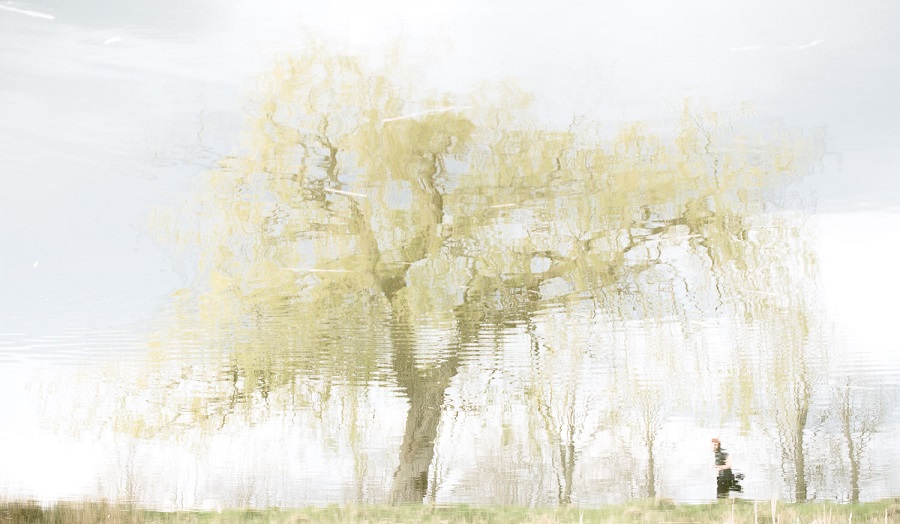
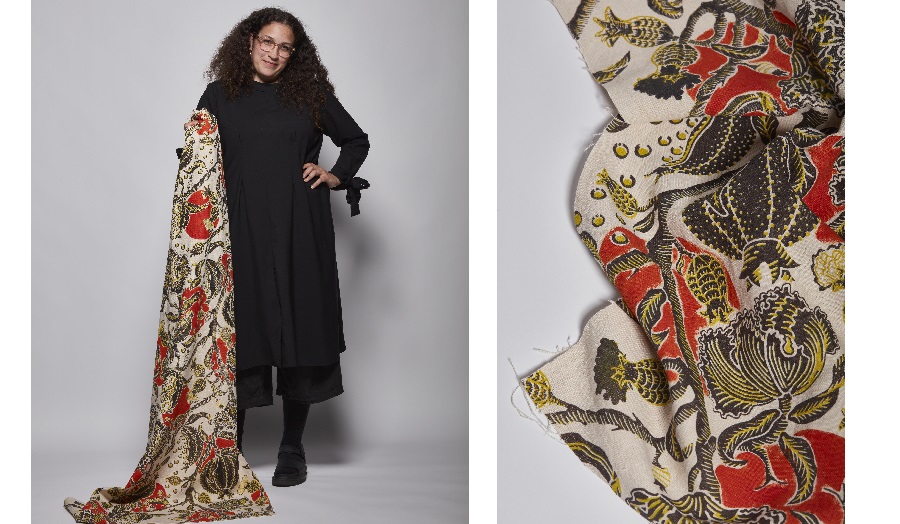
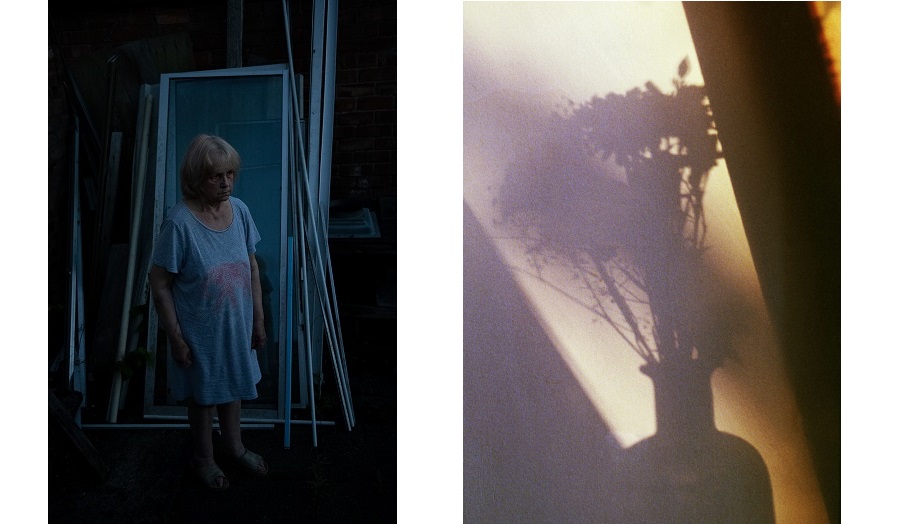
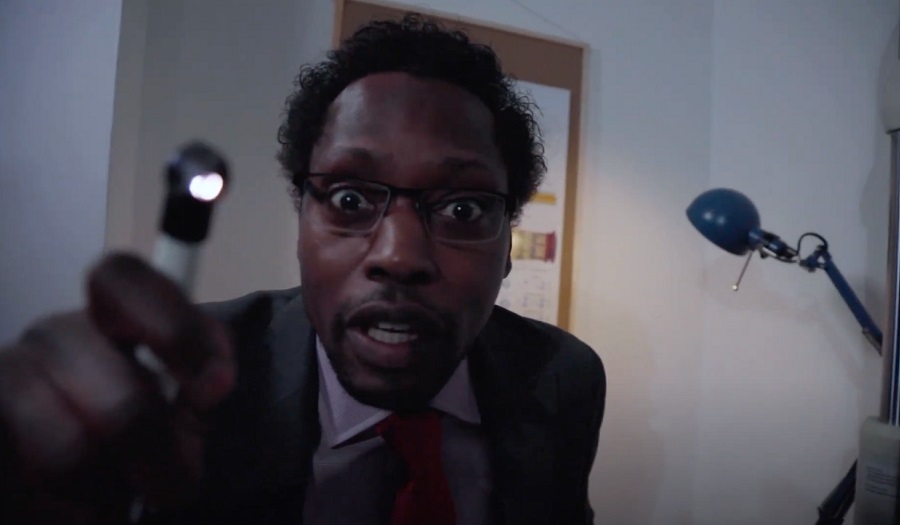
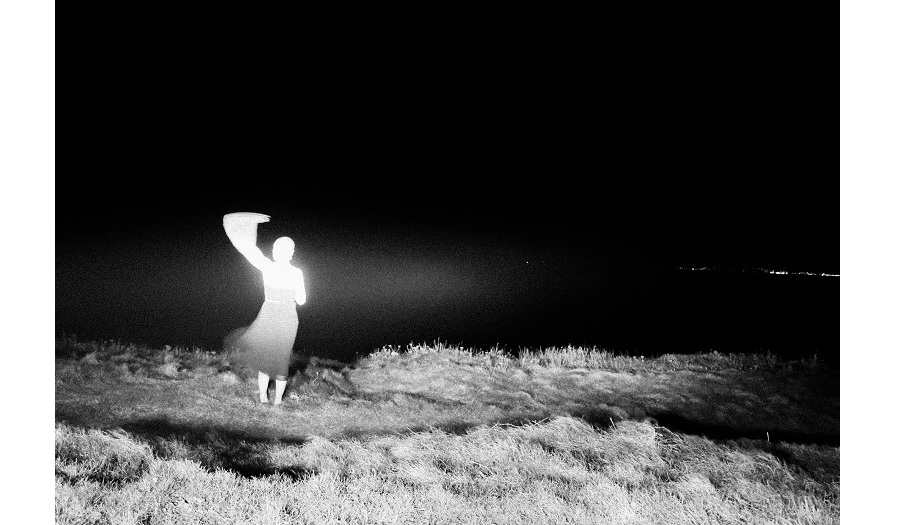
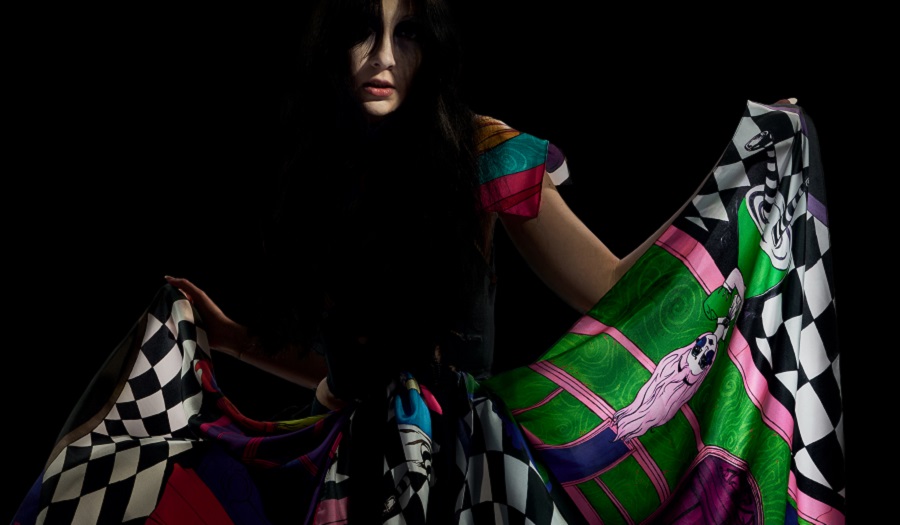
.jpg)
-(1).jpg)
.jpg)